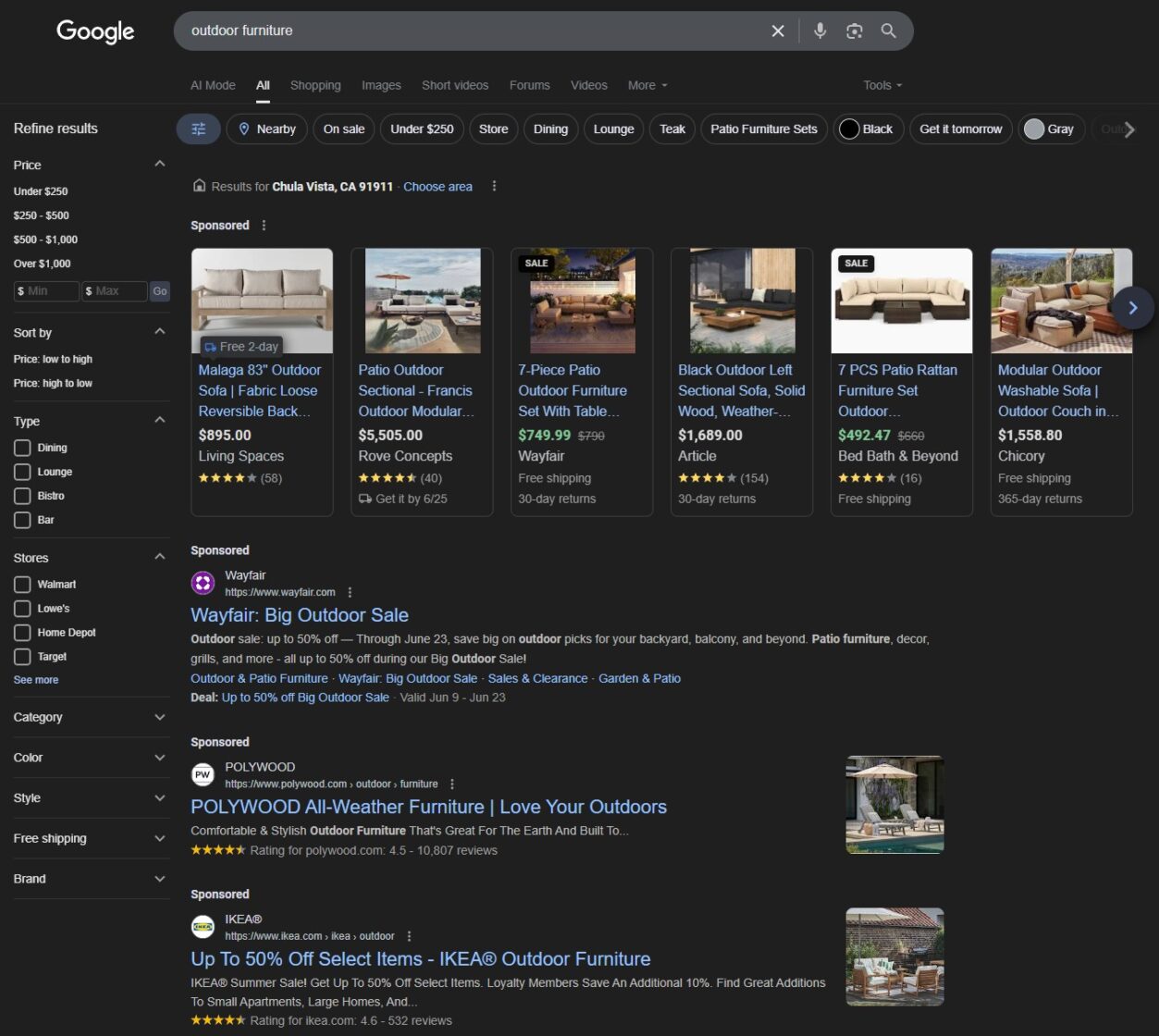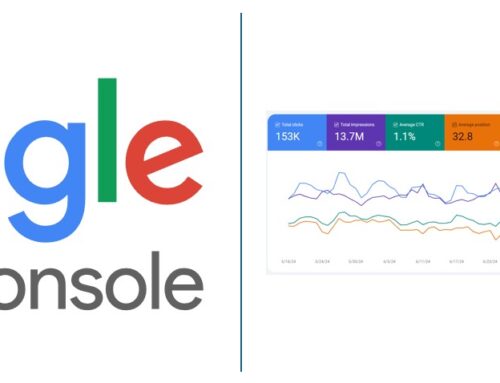If you’re trying to get your business in front of potential customers online, you’ve likely come across two common terms: SEO and SEM. They sound similar, and both involve showing up on search engines, but they play very different roles in your digital strategy.
So, what do they mean? How do they compare? And, more importantly, which one makes sense for your goals right now?
Let’s unpack the differences between SEO vs. SEM, also known as search engine optimization and paid search, so you can make more informed decisions about where to focus your time and budget.

What is SEO?
Search Engine Optimization (SEO) is all about earning visibility in the organic (non-paid) section of search engine results. When someone types a question into Google and clicks on one of the regular blue links, SEO is at play.
At its core, SEO is a long-term strategy. It involves:
- Creating high-quality, relevant content
- Using keywords thoughtfully (not stuffed!)
- Earning backlinks from credible sites
- Optimizing your site’s technical performance (like page speed and mobile usability)
Done right, SEO helps your site show up naturally when people are searching for the kinds of products, services, or information you offer without paying for every click.
At Menerva, we often say SEO is like building a reputation. It takes time, but once you’ve built trust, the results last.

What is SEM?
Search Engine Marketing (SEM), most commonly used to describe paid search, refers to placing ads in search engine results using platforms such as Google Ads or Microsoft Ads.
With SEM, you:
- Bid on keywords
- Create ad copy
- Pay each time someone clicks on your ad (also known as pay-per-click or PPC)
Because these ads appear above organic results, SEM can give you instant visibility, perfect for promoting time-sensitive offers or driving traffic to a new site.
SEO vs. SEM: Key Differences at a Glance
| Feature | SEO (Organic Search) | SEM (Paid Search) |
| Cost Model | Time and effort investment | Pay-per-click (PPC) |
| Timeline | Long-term; takes time to ramp up | Short-term; immediate results |
| Placement | Organic listings | Ads at the top or bottom of the SERP |
| Trust Factor | Often viewed as more credible by users | Clearly labeled as ads; some users skip them |
| Testing | Slower feedback loop | Great for A/B testing and rapid iteration |
| Longevity | Sustainable, builds over time | Ends when the ad budget runs out |

Pros and Cons of SEO
Pros
- Builds long-term credibility and trust
- Cost-effective over time
- Attracts users actively seeking answers
Cons
- Results take time
- Requires ongoing content and optimization
- Can be competitive for high-demand keywords
Pros and Cons of SEM (Paid Search)
Pros
- Delivers fast visibility, even for new sites
- Highly targeted and measurable
- Great for testing new offers or landing pages
Cons
- Costs can add up quickly
- Stops the moment you stop spending
- Some users ignore ads altogether
When to Use SEO
SEO is ideal when you’re playing the long game. It’s the right fit if you want to:
- Build lasting brand authority
- Reduce customer acquisition costs over time
- Attract high-intent users researching or comparing options
- Improve your website’s overall quality and performance
We often recommend SEO to clients who want sustainable growth and understand that results compound over time and with consistency.
When to Use SEM
SEM is a great choice when you need to:
- Get results quickly
- Launch a new product, service, or promotion
- Test messaging or keyword performance
- Target highly specific audiences
It’s instrumental in competitive industries where ranking organically might take months or even years.
Should You Use Both?
Often, the best strategy is a mix of both.
SEO and SEM aren’t competitors; they complement each other beautifully. SEM helps you capture quick wins and gather insights, while SEO builds your brand’s long-term presence.
For example, if specific keywords convert well in your paid campaigns, they may be great candidates for SEO content later on.
It’s Not SEO vs. SEM; It’s SEO and SEM
Think of SEO and SEM as different tools in your digital toolbox. Each has its strengths, and together, they can deliver stronger results than either one alone.
If you’re just getting started or launching something new, SEM can give you a quick boost. But if your focus is on sustainable growth, SEO is essential.
The key is balance.
Ready to Build the Right Search Strategy?
At Menerva Digital, we help businesses of all sizes craft smart, balanced strategies that align with your goals, your timeline, and your budget.
Whether you’re leaning into SEO, SEM, or both, we’ll help you get the most out of every click and keyword.





